When players receive a straight red card during a football match, they not only have to leave the game but are also subject to a three-match suspension.
However, certain actions, such as breaching betting regulations, engaging in violent conduct, or taking performance-enhancing substances, can lead to harsher sanctions, including a ban from active football.
When a player is banned from football, it often makes major headlines. Juventus star Paul Pogba recently suffered a significant suspension for failing a drug test.
According to Italian media reports, the France international tested positive for testosterone following Juventus’ 2-0 win against Udinese in Serie A on August 20 last year. As a result, the 30-year-old midfielder has been given a four-year ban, which could potentially lead to his early retirement.
TGR Sports brings you the top 15 most extended bans in football and the reasons for such harsher punishment.
15. Rio Ferdinand – 8 months
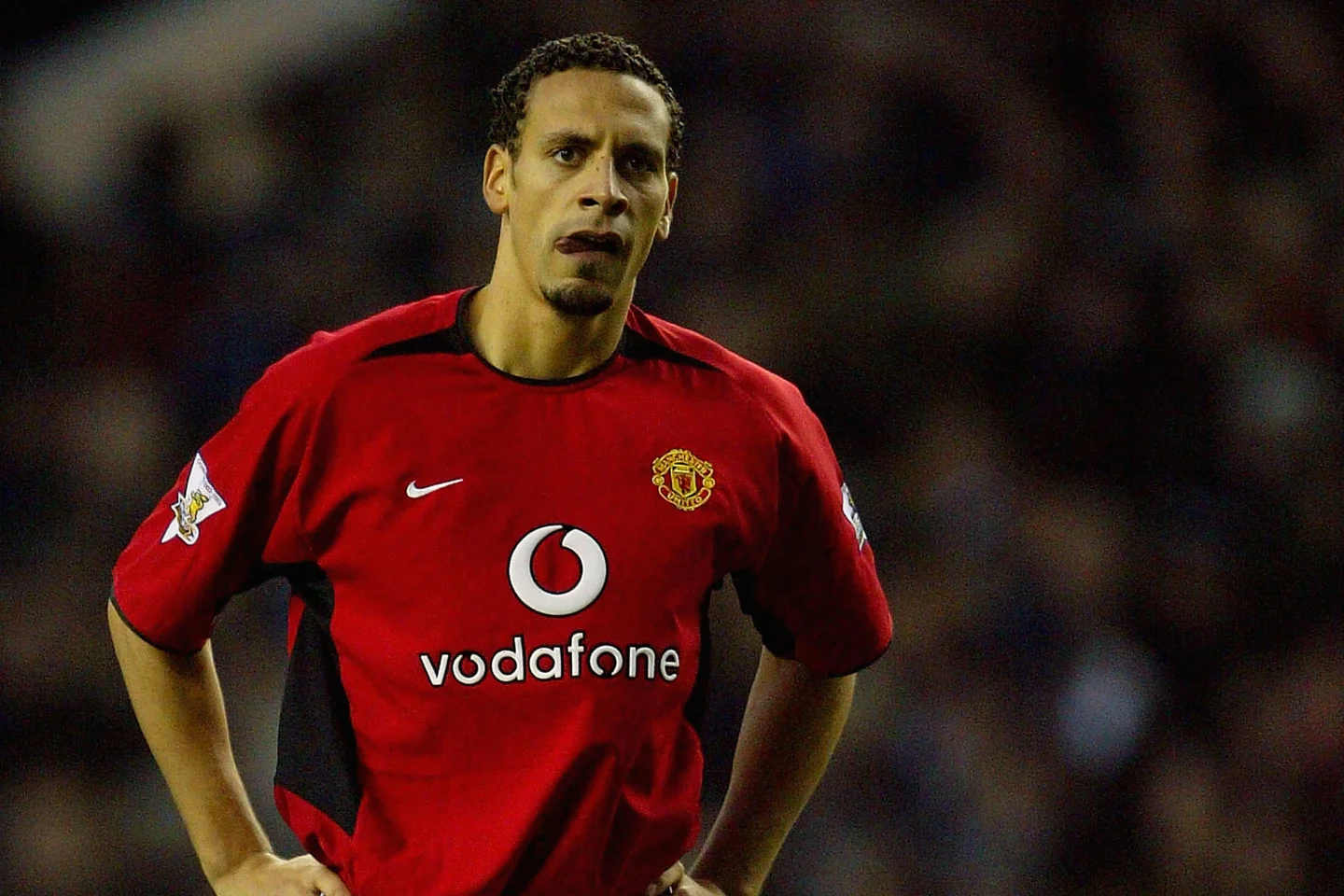
Rio Ferdinand is widely regarded as one of the most accomplished defenders and footballers of his generation and is a regular pundit and presenter on our TV screens.
However, there was a dark phase in his career in September 2003 when he refused to submit himself for a random drug test.
Consequently, he was penalised in December of the same year with an eight-month ban from football and a fine of £50,000. Ferdinand, who was then 25, achieved tremendous success with Manchester United despite the setback.
14. Ivan Toney – 8 months

During the 2023/24 season, the Brentford striker played under a cloud of uncertainty as he awaited the verdict of his case.
He was accused of 232 Football Association betting rules breaches, which led to speculation that he might face a lengthy ban.
Unfortunately, the England star was found guilty in May 2023, towards the end of the season, and was subsequently banned from playing for eight months.
However, Toney’s’ ban ended on January 17, 2024, and he resumed training in the autumn.
13. Eric Cantona – 9 months
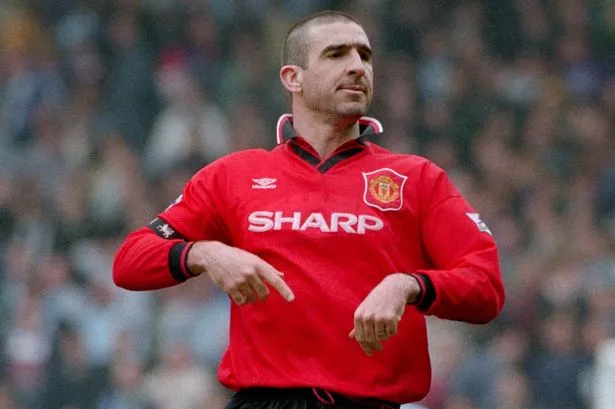
Although being banned for using cocaine may seem like a common occurrence, Eric Cantona’s’ ban was far from ordinary.
The former Manchester United striker created one of the most notorious (and not in a positive way) moments in the history of the Premier League.
After hearing racial slurs from a member of the Crystal Palace crowd in 1995, Cantona lost his temper and kicked Matthew Simmons in the chest.
He was physically removed from the scene after a heated altercation with fellow players. Despite being asked to apologise, he refused, resulting in a nine-month ban from both FIFA and the FA.
Initially, he was even sentenced to spend two weeks in prison, but this was later changed to 120 hours of community service.
12. Sandro Tonali – 10 months
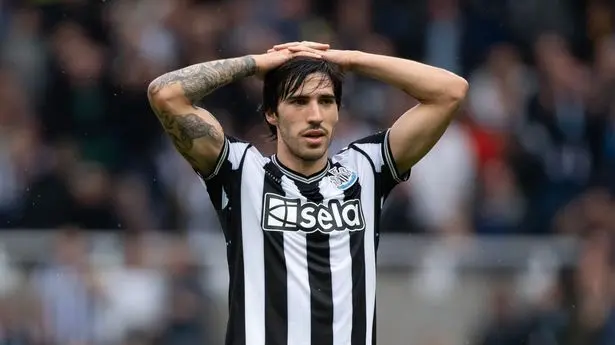
Newcastle had signed their £55 million summer star player with high hopes, but unfortunately, he was banned from playing for the entire season just weeks after joining the team.
The ban was imposed by a governing body other than the FA and was related to the player’s violation of Italy’s’ gambling regulations.
Sandro Tonali, the player in question, was suspended for 10 months and required to undergo a rehabilitation programme for the following eight months.
Tonali’s’ agent acknowledged that his client was struggling with a gambling addiction, but the ban was particularly harsh because it prevented Tonali from playing not only in his first season in England but also in Euro 2024.
11. Billy Cook – 12 months
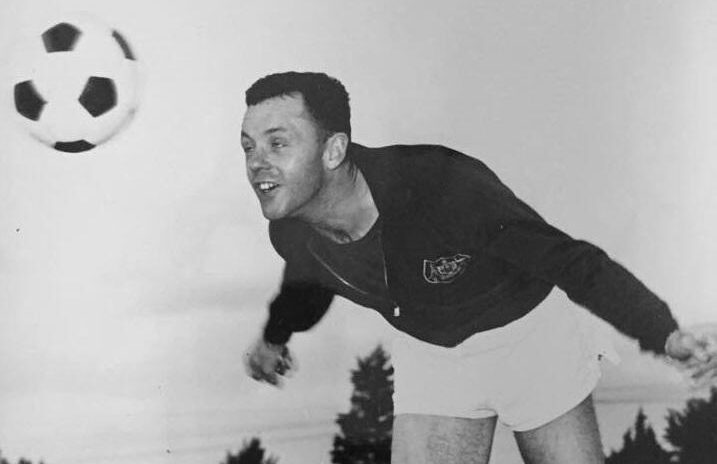
In April 1915, during a football match between Oldham Athletic and Middlesbrough, the referee sent off Oldham Athletic defender Billy Cook for persistent fouling.
However, Cook was convinced he had done nothing wrong and refused to leave the pitch. As a result, the referee was forced to abandon the game with over 30 minutes remaining, as Cook refused to head back to the dressing rooms.
The Football Association (FA) subsequently suspended Cook from playing football for 12 months, as they were annoyed with the game having to be abandoned due to his actions.
10. Abel Xavier – 12 months
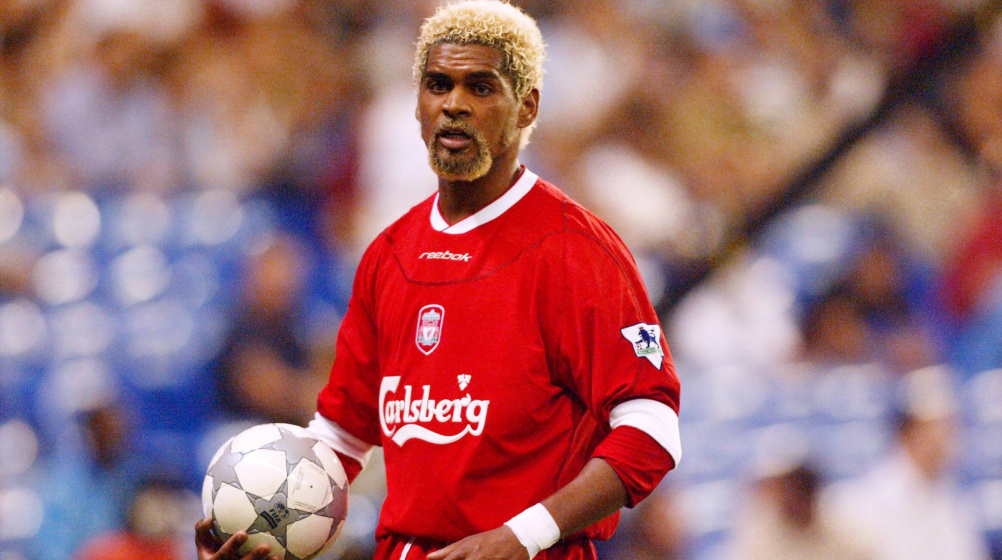
In 2005, Xavier became the first Premier League player to be banned for taking performance-enhancing drugs.
He was found guilty of taking the anabolic steroid methandrostenolone, also known as Dianabol.
Although other players had previously been found guilty of taking recreational drugs, none had tested positive for PEDs until Xavier.
At the time of his offence, Xavier was playing for Middlesbrough. The FA banned him for 18 months but later reduced it to one year.
9. James Harris – 12 months
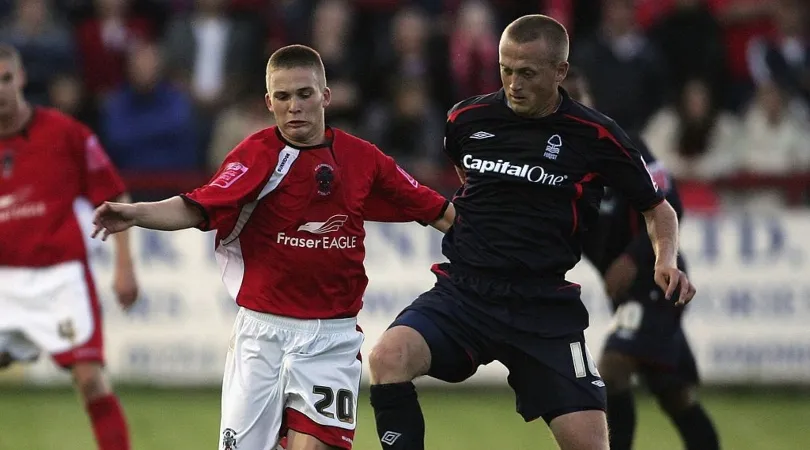
The FA had “serious concerns that the outcome of the match may have been fixed” when it transpired that Jay Harris and four of his Accrington Stanley teammates bet they would lose in a game against Bury in 2009.
Harris received the harshest punishment of a 12-month ban and a fine of £5,500 compared to his teammates, as he was the only player to feature in the match.
David Mannix received 10 months, Peter Cavanagh and Robert Williams eight, and Andrew Mangan was issued a five-month ban.
8. Joey Barton – 13 months

In April 2017, the FA banned Barton from football for 18 months after he admitted to betting-related charges. It later transpired he was found guilty of placing 1,260 bets on football matches between 2006-2016, including some that he had played in.
A few months after his initial ban, it was reduced by five months on appeal.
However, that certainly isn’t the only lengthy suspension the former midfielder received during his career.
During training in 2007, Barton assaulted his Manchester City team-mate Ousmane Dabo, leaving him unconscious with several blows to his head. Dabo had to go to hospital as a result of the injuries, which included a detached retina. Barton received a four-month suspended prison sentence and was charged with violent conduct by the FA, banned for six matches with a further six-match ban suspended for two years.
Then, in the final game of the 2011/12 season against Manchester City, while at QPR, Barton was sent off for violent misconduct after elbowing Carlos Tevez in the face. He immediately kicked Sergio Aguero in the back and attempted to headbutt Vincent Kompany.
The FA subsequently issued a 12-game ban, punishing him for all three counts of violent conduct.
7. Diego Maradona – 2 years and six months
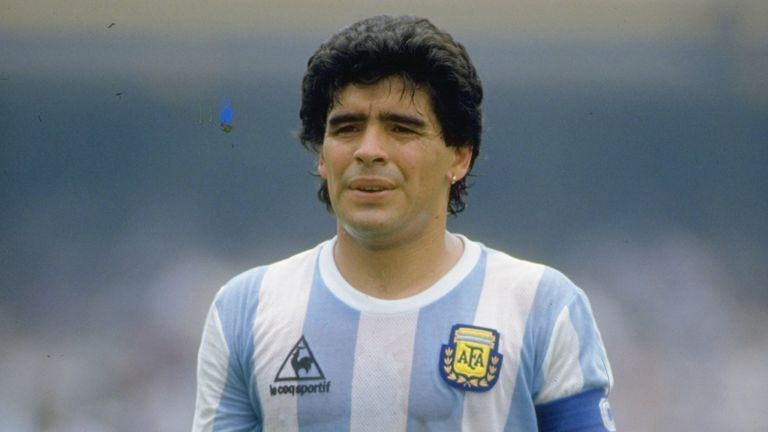
Diego Armando Maradona, one of the greatest football players in history, was known for not always playing by the rules, which added to his charm.
However, his mysterious nature was not always a wise choice, as he received two separate 15-month bans from football.
The first was in 1991 due to his cocaine addiction, and the second was in 1994 when he was sent home from the World Cup after anti-doping commissioners found substances containing ephedrine in his blood.
Despite his controversies, Maradona’s’ legacy as a legendary player is celebrated worldwide.
6. Paul Pogba – 4 years
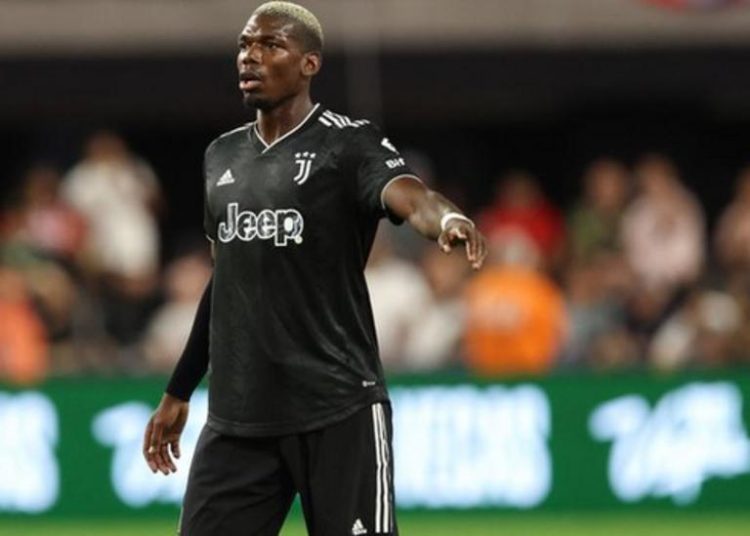
Former Manchester United midfielder Paul Pogba has been banned from football for four years after doping.
The 30-year-old midfielder was first suspended in September after failing a drug test. A secondary sample was subsequently analysed, returning positive.
The National Anti-Doping Tribunal has ruled that Pogba will be banned until at least 2028. According to reports from The Mirror, this is the maximum ban that can be imposed.
Pogba was found to have enhanced levels of testosterone in random checks that were carried out after this season’s Serie A opener between Juventus and Udinese. The France international could be 35 before he plays again.
5. Bradley Wood – 6 years
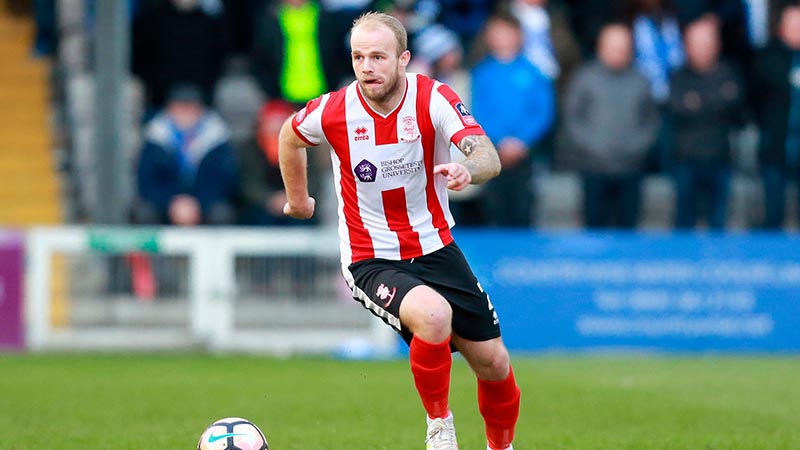
The Football Association handed former Lincoln right-back Bradley Wood a six-year ban in April 2018.
This was after a tribunal found him guilty of deliberately getting booked during the Imps’ FA Cup victories over Ipswich Town and Burnley in the 2016/17 season.
The tribunal was held because suspicions were raised when potential winnings from bets on him being booked totalled around £10,000.
Seven people placed bets on him, two of whom were close friends, and the others were friends of those. Although Wood denied the charges, he admitted to 23 other betting offences.
As a result, the FA banned him for five years for the deliberate bookings, and a further year for the offences he admitted. The 31-year-old will be eligible to return to football in March 2024.
4. Juanito – 7 years
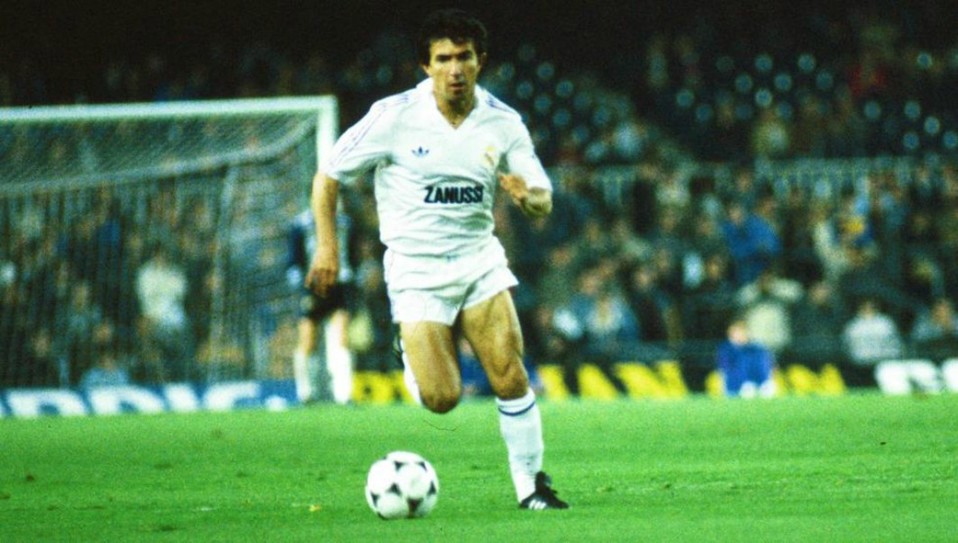
The former Real Madrid player was notorious for his short temper on the pitch.
In 1978, during a European Cup match against Grasshoppers, he assaulted both the referee and a linesman, resulting in a two-year ban from UEFA.
However, his troubles did not end there. In 1987, during a heated game between Bayern Munich and Real Madrid in the European Cup semi-final at the Olympiastadion, Juanito’s’ temper got the better of him again. The match was already intense, and Bayern was leading, but Juanito’s’ actions made things worse.
After Lothar Matthaus had committed a foul and then been shoved to the floor by one player, Juanito charged in and stood on the German’s’ torso for a while before kicking him in the face with his studs, a genuine assault that has no place in any walk of life, not even combat sports.
He was fined £5,000 by Real Madrid and banned for five years. That was the end of his Real Madrid career, which had been highly successful, barring these two moments where he lost his head.
3. Enoch West – 30 years
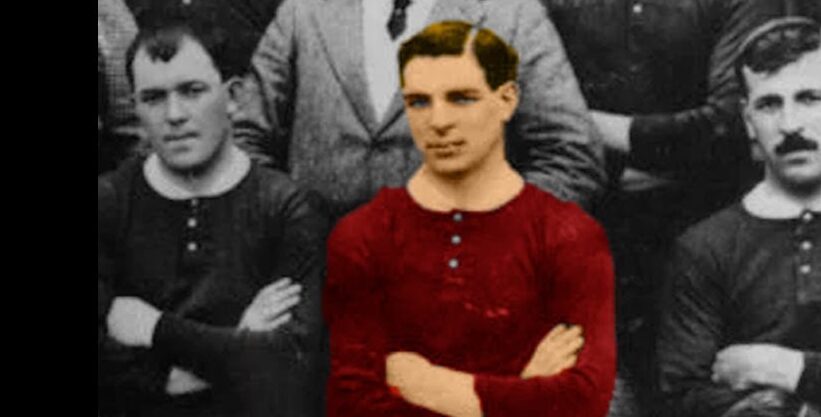
In an older story, Enoch West, a former Nottingham Forest and Manchester United striker, was part of a betting scandal in 1915.
Everyone involved in the scandal received a lifetime ban, but they could have it lifted if they fought in the First World War.
All of them, except for West, agreed to the deal, and his ban remained in place for 30 years until it was lifted when he turned 59.
2. Roberto Rojas – Lifetime
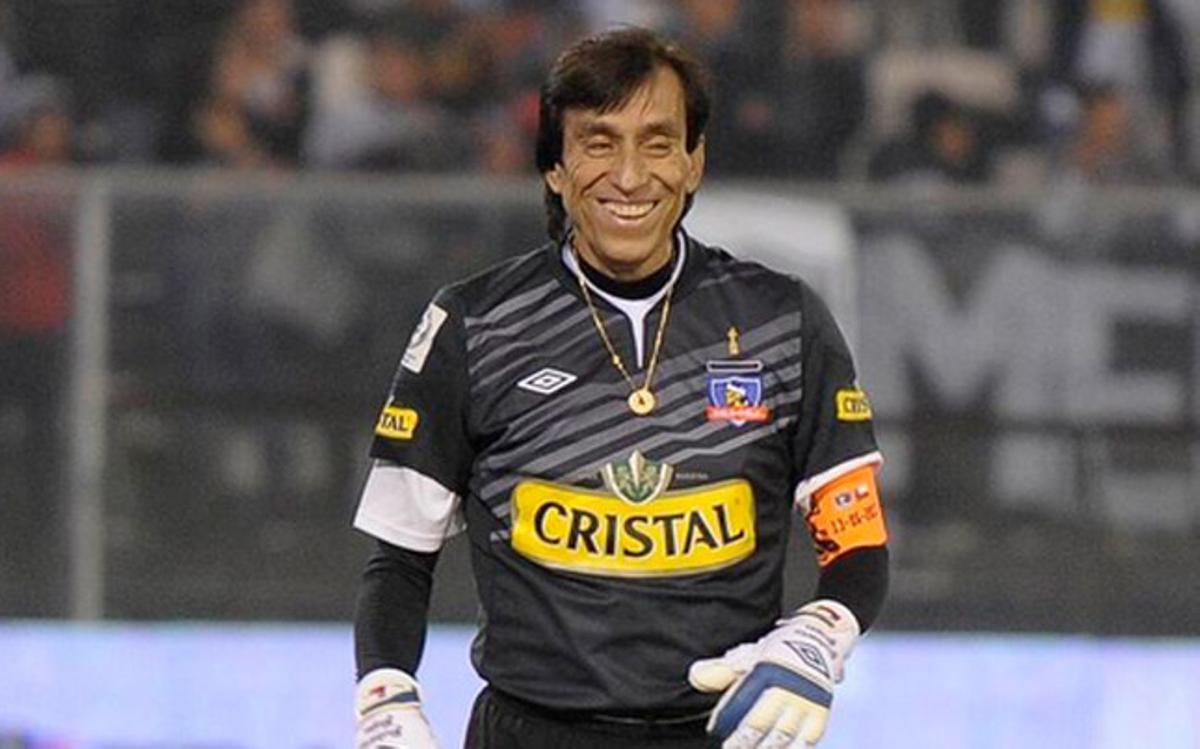
During a World Cup qualifying match in 1989, Chilean goalkeeper Roberto Rojas received the most extensive ban ever.
The match was against Brazil, and Chile was down 1-0. They needed to win to stay in the competition. Rojas fell to the ground, holding his face, and it was assumed that he had been hit by a nearby firework thrown from the stands.
This event could have led to a null and void result, meaning Brazil was disqualified by FIFA. Rojas was taken off the field, and Chile refused to continue playing, citing safety concerns.
After the infamous 1989 World Cup qualifier between Chile and Brazil, video evidence proved that the fireworks did not hit Chilean goalkeeper Roberto Rojas, and he inflicted the wound himself with a razor blade hidden in his glove.
As a result, Chile was disqualified from the tournament, and Brazil was awarded a 2-0 victory. In addition, FIFA banned Rojas, coach Orlando Aravena, and team doctor Daniel Rodriguez for life. Rojas was able to have his ban lifted in 2001 after a request for a pardon, but his ban remains the longest ever given to a player.
1. Olafur Gottskalksson – Lifetime
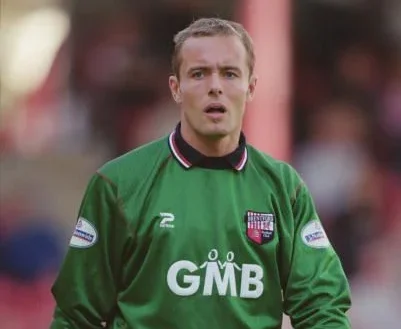
In January 2005, doping testers arrived at Torquay United’s’ ground, Plainmoor, to conduct routine tests on the players.
Amongst the players, goalkeeper Olafur Gottskalksson was selected to give a sample. However, he disappeared shortly after, as he knew his cocaine addiction would show up in the results.
Following this, Torquay United released a statement revealing that the 10-time Icelandic international had gone missing. Later, Gottskalksson revealed that he had gone to Amsterdam.
In June 2005, the FA announced that an independent disciplinary commission had banned Gottskalksson from football indefinitely for failing to take the drug test. He has not played football since and is now 55 years old.



